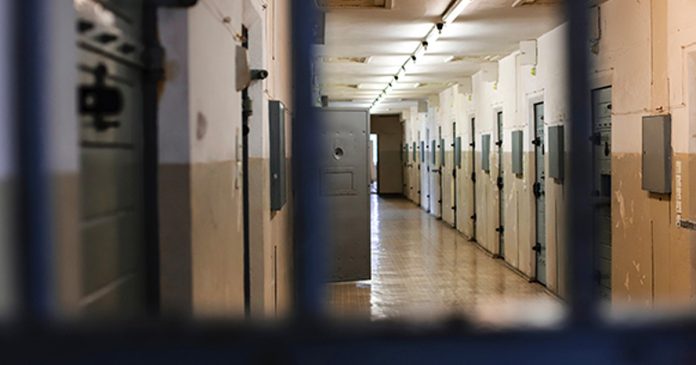Nearly 80% of Canadians say it is important to segregate biological men from women in Canada’s prisons, according to a new poll.
The poll released by the Macdonald-Laurier Institute on Thursday shows that 4-in-5 Canadians say it’s either “somewhat important” or “very important” to segregate prisoners based on the two biological sexes of male and female.
This comes right after new numbers from the Correctional Service of Canada revealed that almost half – 44% – of male-to-female transgender inmates have been incarcerated for sexual offences.
Canadians aged 55+ valued segregation the most, while the youngest group of Canadians, aged 18 to 34, valued segregation the least.
Opinions were split about how to house transgender prisoners who had switched from male to female.
Half of respondents said the prisoners should be housed in separate facilities, and the other half were split between the idea of housing the transgender prisoners in male or female facilities.
Women were 16% more likely to say previously-male transgender prisoners should be housed with women.
For any and all sex-segregation, male respondents showed strong opinions at conflicting sides of the questionnaire.
While male respondents said sex-segregation was “very important” (42%) at a higher rate than female respondents (35%), the group was also nearly twice-as-likely than women to say that sex-segreation was “not important at all” (11%).
Young adults in Canada had the least support for segregating prisoners by sex.
A quarter of those between the ages of 18 and 34 said sex-segregating was “somewhat unimportant” or “not important at all.”
Given four answers to choose from, 68% of young adults selected something other than “it’s very important” to separate male and female prisoners into separate facilities.
Gender has become a recent concern in Canada’s prison systems as reports surface of violence and sexual coercion involving “gender diverse” inmates.
True North reported last year that federal policymakers introduced a transfer process for inmates seeking gendered prisons that match their new identity.
